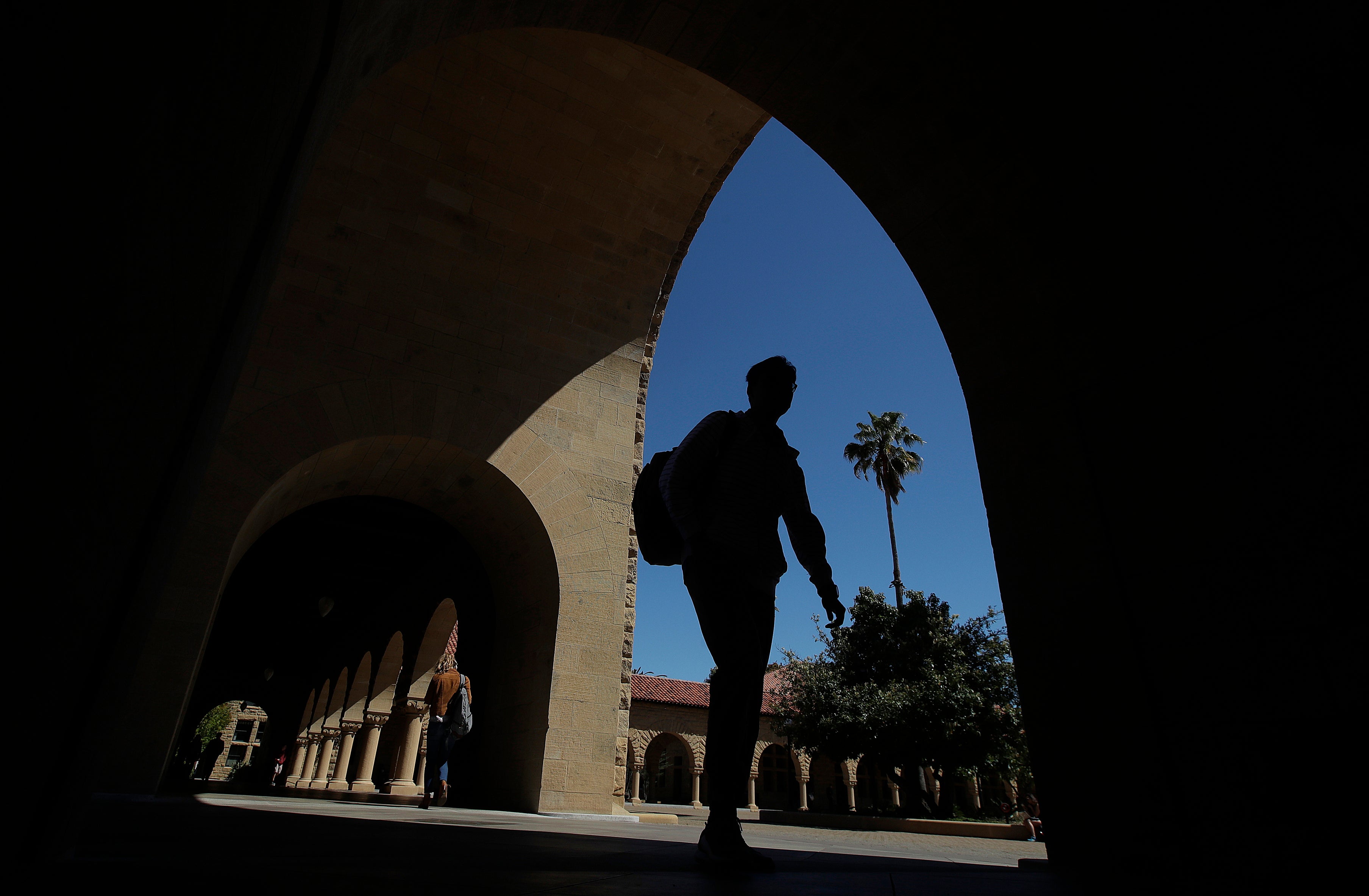Feds say US colleges 'massively' underreport foreign funding
A scathing report from the Trump administration concludes that top U_S_ universities have “massively underreported” funding they accept from China, Russia and other nations described as “foreign adversaries.”

A scathing report from the Trump administration on Tuesday concluded that top U.S. universities have “massively underreported” funding they accept from China, Russia and other nations described as “foreign adversaries.”
The Education Department released the report amid its effort to enforce a 1986 law requiring U.S. universities to disclose gifts and contracts of $250,000 or more from foreign sources. After going decades with little federal oversight, the law has become a priority for the Trump administration amid concerns over economic espionage and trade secret theft from abroad.
The department’s findings are primarily based on investigations it has opened at 12 schools, including Harvard, Yale Stanford and Georgetown universities. Federal officials began investigating the schools amid suspicion that they had failed to report millions of dollars in gifts and contracts from sources in China, Russia, Saudi Arabia and Qatar.
According to early findings in the report, most of the 12 schools have had financial dealings with Huawei, the Chinese tech giant that some U.S. officials say is a threat to national security, and at least one had ties directly to the Chinese Community Party. Others had deals with the Russian government and institutions in Saudi Arabia and Qatar.
The report did not identify which universities were connected to those entities. Since coming under federal scrutiny, the 12 schools disclosed a combined $6.5 billion in foreign funding that was previously unreported, the department said.
Some universities have acknowledged errors in reporting and sought to correct them. Yale said it had failed to submit foreign funding reports for the years 2014 to 2017 but later corrected the omission.
The department said its review is ongoing and that it is still gathering information from universities.
In announcing the report, Education Secretary Betsy DeVos said her agency uncovered “pervasive noncompliance” from universities that have “significant foreign entanglement." "For decades enforcement was lax, but not anymore," she said. “We took action to make sure the public is afforded the transparency the law requires.”
The report echoes warnings from federal authorities who say that competing nations are increasingly targeting U.S. colleges to steal research and technology. It cites recent cases of Chinese nationals accused of working or studying at American colleges while also working for the Chinese government.
The department said its review is only meant to promote transparency and not to determine the appropriateness of specific financial ties. Still, it says the agency plans to wok with the Justice Department on any “potential enforcement against specific institutions.”
It's not unusual for U.S. colleges to accept foreign funding for research projects or exchange programs, but federal reporting requirements have long been treated as an honor system. For years, little was done to verify the regular reports colleges submit to the federal government detailing foreign gifts and contracts of $250,000 or more.
That began to change last year, however, after a bipartisan report in Congress raised alarms about colleges’ ties with China. It found that 70% of schools that house a Confucius Institute — a Chinese language program funded by the Chinese government — failed to disclose its financial ties to the Education Department.
In response to that finding, DeVos began ordering broader investigations into universities' foreign funding.
The department's new report finds that the nation's largest and richest universities have “aggressively pursued and accepted foreign money.” It concluded that colleges have “massively underreported” the resulting funding while also hiding details about funding they did disclose, including the names of donors from abroad.
It cites Stanford as an example, saying the school anonymizes the names of foreign donors, including Chinese sources that have donated more than $64 million since 2010. The agency criticized Yale and Case Western Reserve universities for going years without reporting foreign donations, even as both were “rapidly expanding their foreign operations and relationships.”
Universities have pushed back against criticism, saying they sought to follow the law but were given little federal guidance. Many also oppose new rules the department released this year requiring colleges to disclose greater detail about their ties to foreign companies and governments. Some worry that the new rules will deter foreign donors who want to remain anonymous.
The department dismissed those concerns on Tuesday, along with complaints that the new rules are too burdensome.
“Institutions manage to track every cent owed and paid by their students; there is no doubt they can – and indeed do – track funds coming from foreign sources, including those adversarial to American interests,” the report said.
Bookmark popover
Removed from bookmarks